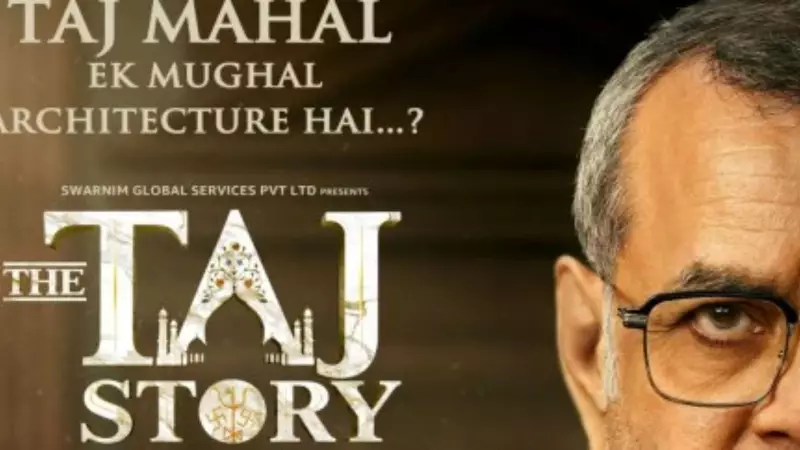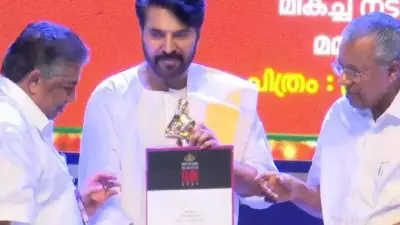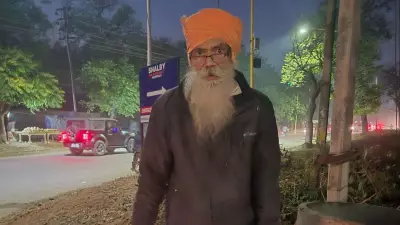
In a significant development for the Indian film industry, the Delhi High Court has dismissed a petition that sought to halt the production and release of veteran actor Paresh Rawal's upcoming film, 'The Taj Story'. The court delivered a clear message about the timing of such legal interventions in the creative process.
The plea, which raised concerns about the potential content of the film, was deemed "premature" by the bench. The judges pointed out a crucial flaw in the petitioner's approach: the film is currently in its early production stages, and no official trailer or promotional material has been released to the public.
Court Upholds Creative Freedom
The High Court's ruling emphasized the importance of allowing artists the space to create without pre-emptive legal challenges. The judges stated that without any concrete visual or promotional content to examine, the court cannot adjudicate on the hypothetical concerns presented in the petition.
This decision is being seen as a reinforcement of the principle that artistic expression should not be censored based on apprehension alone. The court effectively protected the filmmakers' right to develop their project without interference at this nascent stage.
What's Next for 'The Taj Story'?
With this legal hurdle cleared, the production of 'The Taj Story' can continue unimpeded. The court did, however, leave the door open for potential future action, noting that the petitioner would have the right to approach the court again if they have legitimate grievances once the film's content becomes publicly available through trailers or other official releases.
This case highlights the ongoing balance between creative freedom and public sentiment in Indian cinema. The court's dismissal sets a precedent for requiring substantial evidence of potential harm before entertaining petitions against artistic works still in production.
For now, Paresh Rawal and his team can focus on bringing their vision of 'The Taj Story' to the screen, knowing that the judiciary has upheld their right to creative expression during the filmmaking process.





